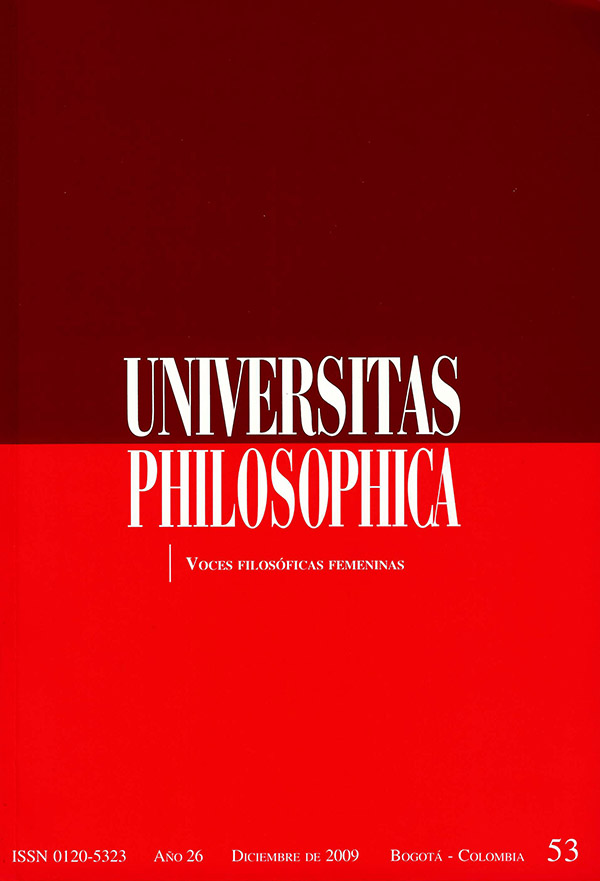Abstract
In his text Indirect Language and the Voices of Silence, the French philosopher Merleau-Ponty establishes a parallelism between literature and painting which is rather contrary to Sartre's way of thinking. This article –which can be considered a reformulation of Horace's statement ut pictura poesis, i.e., as is painting so is poetry, aims at showing that such a parallelism is a manifestation of Merleau-Ponty's indirect ontology; the text also seeks to illustrate how it is indeed possible to establish an inter-artistic relationship between literature –an artistic expression whose raw material is language– and painting –another artistic expression using colors and shapes. For Merleau-Ponty, both forms of art are expressions of a pre-objective reality. Since his work is a permanent attempt to include such a reality, art begins to play an essential role in philosophic thinking while being a privileged expression of reality.
This journal is registered under a Creative Commons Attribution 4.0 International Public License. Thus, this work may be reproduced, distributed, and publicly shared in digital format, as long as the names of the authors and Pontificia Universidad Javeriana are acknowledged. Others are allowed to quote, adapt, transform, auto-archive, republish, and create based on this material, for any purpose (even commercial ones), provided the authorship is duly acknowledged, a link to the original work is provided, and it is specified if changes have been made. Pontificia Universidad Javeriana does not hold the rights of published works and the authors are solely responsible for the contents of their works; they keep the moral, intellectual, privacy, and publicity rights.
Approving the intervention of the work (review, copy-editing, translation, layout) and the following outreach, are granted through an use license and not through an assignment of rights. This means the journal and Pontificia Universidad Javeriana cannot be held responsible for any ethical malpractice by the authors. As a consequence of the protection granted by the use license, the journal is not required to publish recantations or modify information already published, unless the errata stems from the editorial management process. Publishing contents in this journal does not generate royalties for contributors.


